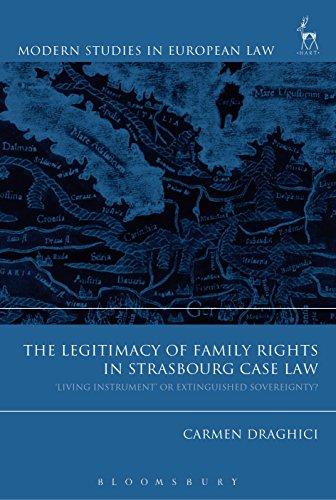Question
1. Alice needs to buy a new microwave oven. She speaks a limited level of English. She buys a microwave from Martin Merchant. He sells
1. Alice needs to buy a new microwave oven. She speaks a limited level of English. She buys a microwave from Martin Merchant. He sells the microwave oven for a price of $500. The suggested retail price of such an oven is $300. The best basis for her terminating the contract would be:
A. Undue influence.
B. Procedural and substantive unconscionability
C. Contract of adhesion
D. Mutual mistake
2. Greg's deli sells horse meat. New York passes a law that prohibits the sale of horse meat in the state. If Lucy buys five pounds of horse meat and then seeks to return it to terminate the contract, she was be successful because:
A. The contract is voidable at her option.
B. The contract is considered a quasi-contract and the court may nullify it.
C. The contact is void and unenforceable.
D. None of the above.
3. Which of the following statements is true?
A. An acceptance can generally be done by silence.
B. An acceptance may be implied from the terms of the offer and the offeree does not have to take any affirmation action to communicate that acceptance
C. An acceptance must generally be done by some affirmation action, such as communicating the assent to the offeror.
D. An acceptance to a legal offer is presumed by statutory law.
4. A contracts to buy a car from B. The contract states that "the sale will be conditioned on the ability for A to get an auto loan of $20,000. Is this proper consideration?
A. Yes, because it is a bargained-for exchange of obligations
B. No, because A's promise is vague
C. Yes, because loan agreements are required for the purchase of a car
D. No, because the consideration is illegal
5. Danny wishes to sell his pizzeria to Dave. It is located in a commercial district of town of 50,000 people. Which of the following would be an accurate description of the enforceability a non-compete agreement?
I. Such agreements involving the sale of a business are presumed to be a violation of public policy and unconscionable unless the business was "unique"
II. Such agreements are presumed to be valid as only if the parties do not reside in the same state
A. I only
B. II only
C. Both I and II
D. Neither
6. Adam, a resident of Houston, seeks to sue Carol, a resident of New York, for $120,000 in damages based on injuries that occurred in New York after Carol punched Adam after Adam rooted for the Mets over Carol's team, the Astros. This occurred in Houston. Will Adam will be able to sue her in afederalcourt in New York?
A. Yes, because the parties were citizens of different states and the amount sued is over $75,000
B. No, because there was no federal law or federal question presented
C. Yes, because the parties are involved in a case involving the constitutional power to regulate health and safety
D. No, because the parties did not do business in Houston
Step by Step Solution
There are 3 Steps involved in it
Step: 1

Get Instant Access to Expert-Tailored Solutions
See step-by-step solutions with expert insights and AI powered tools for academic success
Step: 2

Step: 3

Ace Your Homework with AI
Get the answers you need in no time with our AI-driven, step-by-step assistance
Get Started


